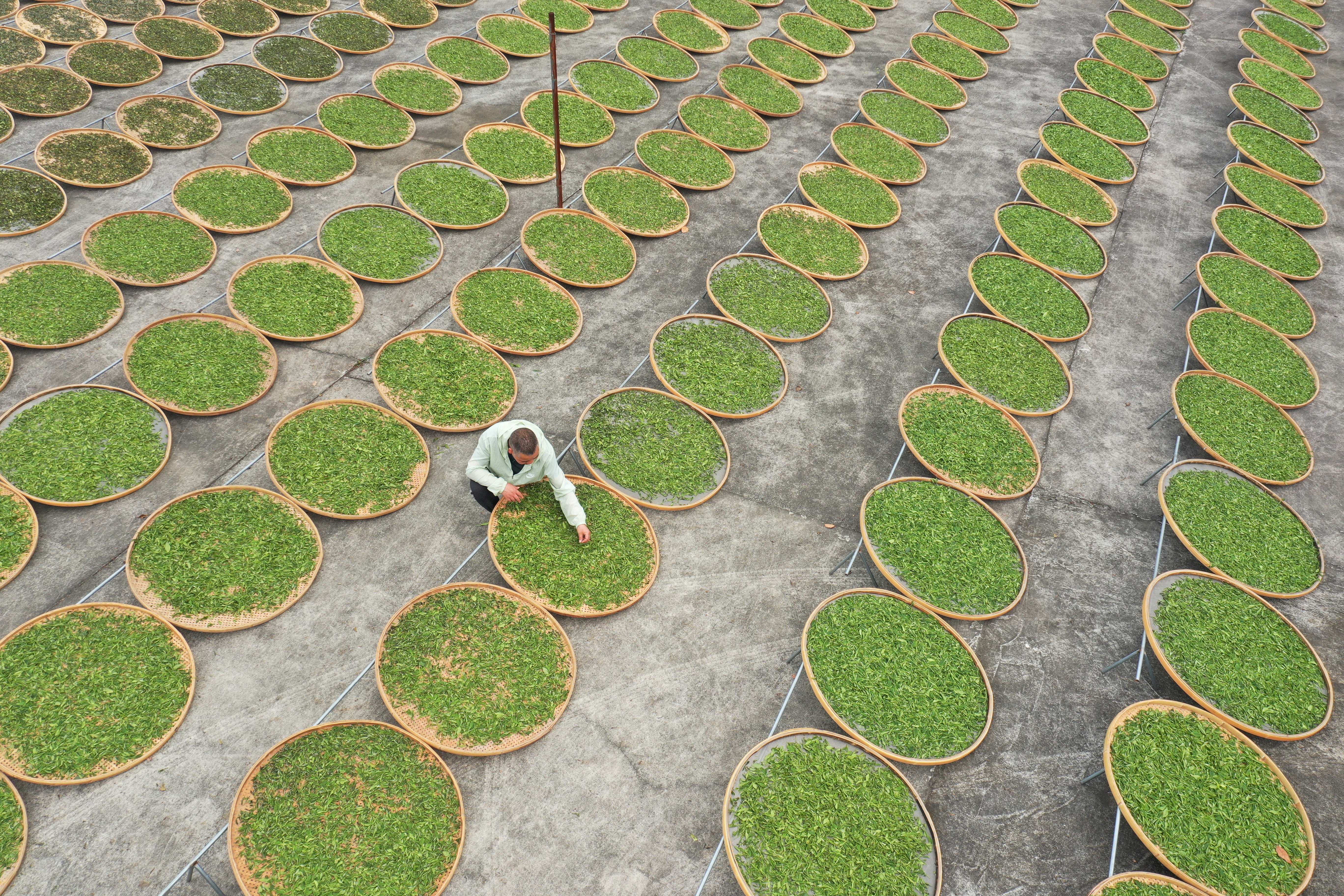Responding to coronavirus mutation: China in action
China has been taking action to prevent and tackle risks posed by inbound COVID-19 variants, according to a news briefing held by the State Council's inter-agency task force on Jan. 9.
Vaccination is the most powerful weapon to control a contagious disease outbreak, and China has so far administered more than nine million doses of the COVID-19 vaccine, said Zeng Yixin, deputy head of the National Health Commission (NHC), during the news briefing.
An inbound case detected in south China's Guangdong province was found to have coronavirus variant B.1.1.7, which highly resembles the strain previously reported in Britain, the provincial center for disease control and prevention said on Jan. 3.
Meanwhile, gene sequencing analysis found that the latest resurgences in COVID-19 cases in Hebei and Beijing were both linked to imported sources.
In response to public concerns, Zeng said that studies have demonstrated that the new virus variant detected in the UK will not undermine vaccine immunity.
He explained that the variant was caused by a mutation in the receptor-binding domain (RBD) of the spike protein at position 501.
The State Council's inter-agency task force set up a specialized group from the very beginning to monitor and study mutations in the new coronavirus, Zeng said.
According to Zeng, research by two Chinese teams at the Institute of Laboratory Animal Sciences, CAMS&PUMC, and the Institute of Human Virology, Sun Yat-sen University, has found that the antibodies generated by vaccination in monkeys and humans can neutralize the variant detected in the UK with the same effect as the strains which emerged in China during the earlier outbreak.
The research results have been submitted for publication in professional journals, Zeng added.
He said China will continue to keep a close eye on the virus mutation and take precautionary measures, such as promoting the development of broad-spectrum vaccines in case future variants escape the protection of the vaccines we know to work today.
On Dec. 15, China officially launched a vaccination program for the winter-spring period targeting key groups including those engaged in handling imported cold-chain products, customs officers, medical workers, and people working in public transport and at fresh markets.
Li Tao, deputy director of the National Healthcare Security Administration, said the cost of COVID-19 vaccination, including both vaccines' expenses and inoculation fees, will be covered by medical insurance funds and government money, rather than come out of individual's pockets.
After the vaccines have been approved for conditional market launch and are available to the general public, they will be offered for free to the Chinese people, who will be able to receive inoculation on a voluntary, informed basis, Li said.
He added that the administration's disbursement of COVID-19 vaccines will not affect the current revenue and expenditure of medical insurance funds or the medical treatment of residents.
"We are working with relevant departments to formulate a detailed operation plan to guarantee that vaccination expenditure is fully covered," he added.
(You can also read this article at: http://www.china.org.cn/china/2021-01/17/content_77124388.htm)

